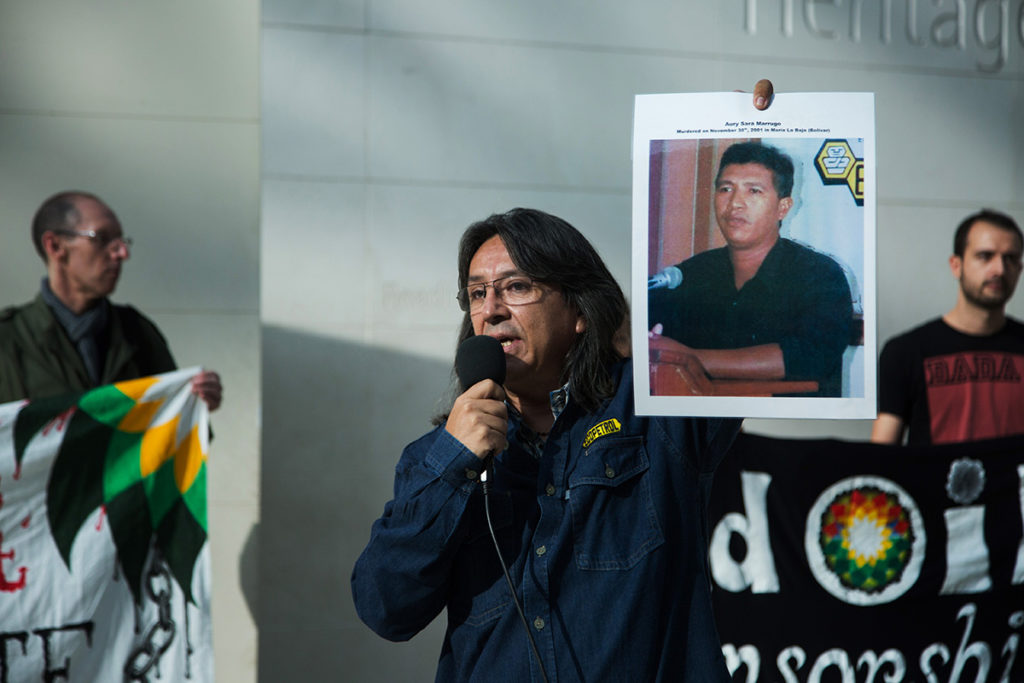Art World
Formal Complaint Calls for End to BP Sponsorship of National Portrait Gallery
The damning report is the latest in a series of actions geared towards severing the links between British museums and the oil giant.

The damning report is the latest in a series of actions geared towards severing the links between British museums and the oil giant.

Naomi Rea

The National Portrait Gallery is under scrutiny in the run-up to the announcement of this year’s BP Portrait Award winner, as a new formal complaint alleges that the gallery’s partnership with the corporation breaches its own ethical standards.
This is the latest controversy in a string of high-profile protests of BP’s relationships with British museums. Last year the oil giant ended its 26-year sponsorship of Tate and its 34-year sponsorship of the Edinburgh International Festival.
The complaint, sent to the National Portrait Gallery by the organization Culture Unstained, states that the Gallery’s written Ethical Fundraising Policy stipulates that it must reject support from sources with known or suspected links to human rights violations.
The campaign and research organization Culture Unstained also published a new report today that details BP’s connections with oppressive regimes around the world, and if the troubling allegations against BP ring true, the Gallery’s sponsorship deal with the company, renewed just last year, should be invalidated according to the complaint.
Neil Evans, media relations manager at the National Portrait Gallery, told artnet News,“The Gallery has yet to formally receive the complaint. When we do, we will review and respond in accordance with the Gallery’s Complaints Policy.”
The release of the 19-page complaint as well as the report, titled “Bad Company: BP, Human Rights and Corporate Crimes,” coincides with the announcement of this year’s BP Portrait Award winner.
The report catalogs BP’s numerous ties to foreign regimes that violate human rights, in addition to a list of alleged corporate crimes and the company’s undeniably questionable safety record. It also contains nine case studies with material linking BP to repressive regimes in Azerbaijan, Egypt, and West Papua.
Culture Unstained implores the Gallery to “terminate its existing relations with BP” so as to avoid tacitly supporting the company’s alleged ties to human rights violations. If the gallery fails to terminate its relationship with BP, Culture Unstained has threatened to submit complaints to the Parliamentary and Health Service Ombudsman.
“The Gallery needs to explain what the purpose of having an Ethical Fundraising Policy is if you’re not willing to stand by your values and put it into action,” says Dr Chris Garrard, the lead author of the forthcoming report.
In an exclusive statement to artnet news, Garrard says, “Implicit in accepting a sponsorship deal is the decision to publicly endorse the sponsor’s business. When it comes to BP, that means deals with repressive regimes, corporate crimes and contributing to a growing climate crisis.”
“This isn’t philanthropy,” he adds, “it is a transaction where BP pays to have its image cleansed through by an association with the arts, and it is a transaction that the Gallery’s own Ethical Fundraising Policy should have ruled out.”